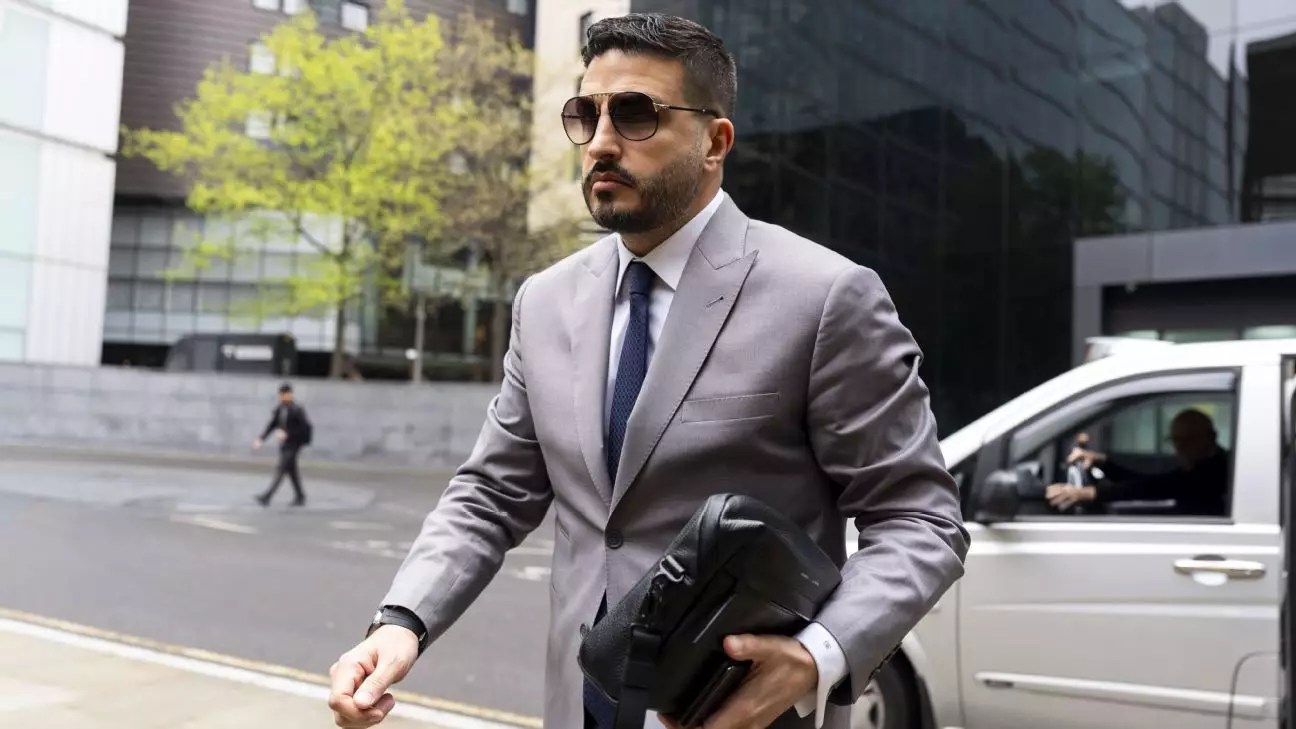The recent case involving a soccer agent and a senior director at a prominent English Premier League club sheds light on the serious repercussions of threatening behavior within the sports industry. The agent, Saif Rubie, was put on trial for sending an email to Marina Granovskaia, demanding a commission and making veiled threats regarding past incidents involving other individuals. This type of communication not only reflects poorly on the agent but also has legal implications.
Rubie denied the allegations of threatening Granovskaia in his email, stating that he had no intention of causing harm. However, the content of the email was enough to make Granovskaia feel threatened, leading to legal action being taken against Rubie. The Malicious Communications Act was invoked in this case, highlighting the severity of the situation. It is crucial for individuals in the sports industry to be aware of the implications of their words and actions.
The behavior exhibited by Rubie in his email to Granovskaia raises questions about professional conduct within the sports industry. Making demands and veiled threats is not only unethical but can also result in irreparable damage to one’s reputation. As a soccer agent, Rubie should have conducted himself with integrity and respect, rather than resorting to intimidation tactics to achieve his goals.
The incident involving Rubie and Granovskaia could potentially strain the relationship between agents and club officials in the future. Trust and mutual respect are essential components of successful collaborations in the sports industry. By engaging in threatening behavior, individuals like Rubie jeopardize not only their own reputations but also the trust of those they work with. It is crucial for all parties involved to maintain professionalism and open communication to avoid such conflicts.
Lessons Learned
The case of Saif Rubie serves as a cautionary tale for individuals operating in the sports industry. It underscores the importance of conducting oneself with integrity, respect, and professionalism at all times. Threatening behavior has no place in professional relationships and can lead to severe consequences, both legally and socially. By learning from this incident, industry professionals can work towards fostering positive and collaborative partnerships for the betterment of the sports world as a whole.
Understanding the impact of threatening behavior in the sports industry is crucial for maintaining professionalism and upholding ethical standards. The case of Saif Rubie highlights the potential consequences of veiled threats and demands in professional communications. It is imperative for individuals in the industry to conduct themselves with integrity and respect to avoid legal and personal repercussions. Let this be a lesson for all involved in sports management and representation.


Leave a Reply